18 May 2023
Principals, professors and education leaders gathered at Xi’an Jiaotong-Liverpool University recently to discuss how to synergise secondary and university education in China to develop high-quality international talents in an era of digitisation and artificial intelligence.
The principals’ forum and seminar attracted almost 200 participants including Juan Xia, Deputy Director of the Sino-Foreign Humanities Exchange Centre at the Ministry of Education, and head teachers from key high schools in the provinces of Guizhou, Hainan, Shaanxi, Gansu, Henan, Zhejiang and Jiangsu, and the Guangxi Zhuang autonomous region.
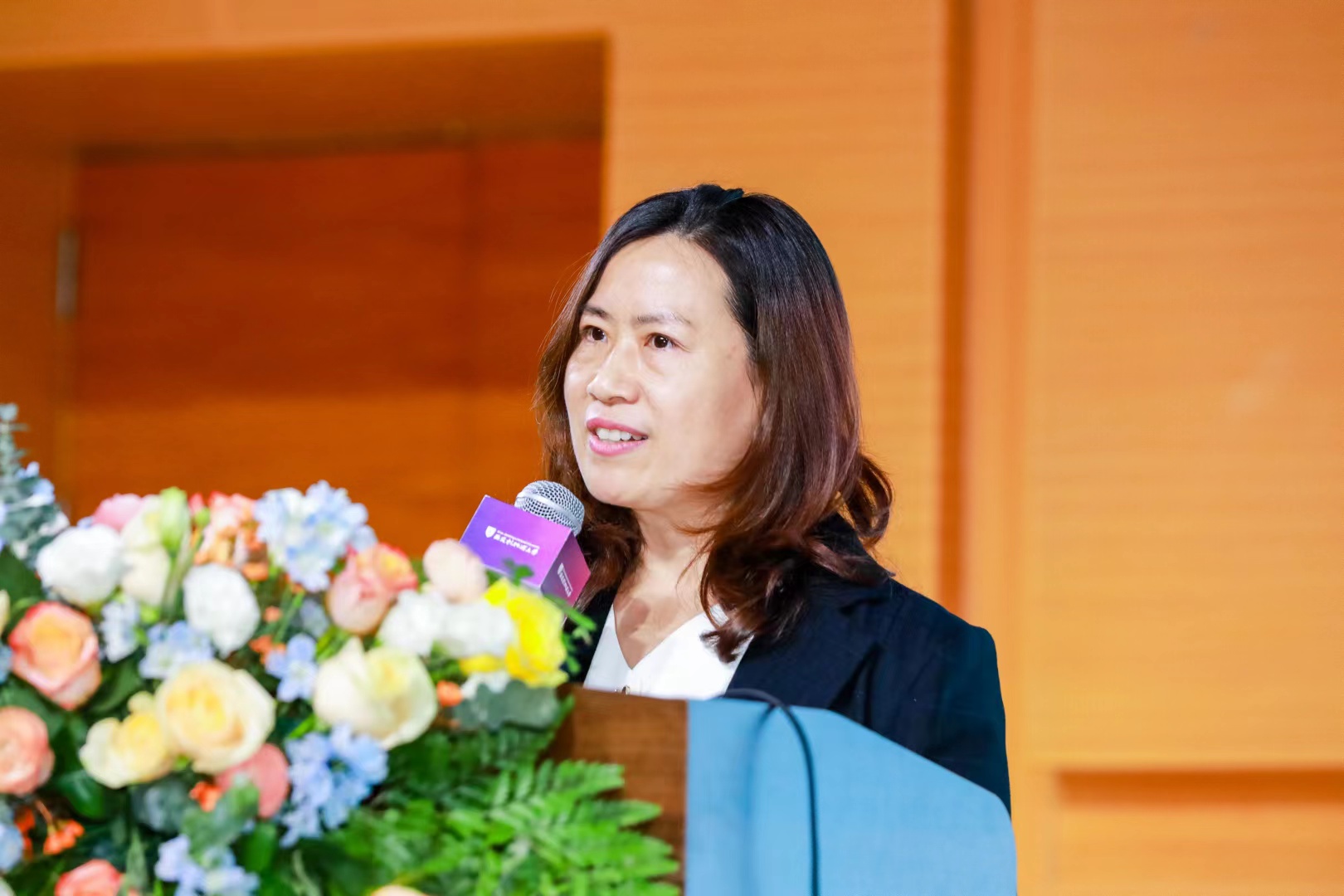
Juan Xia, Deputy Director of the Sino-Foreign Humanities Exchange Centre, Ministry of Education
Discussions focused on the ways schools and universities can cope with the rapid development in generative AI technologies such as ChatGPT, which threatens to disrupt not only workplaces but also traditional education methods, and how to better prepare students for the challenges ahead.
“The existing educational model, which values training in abilities like logic and calculation, faces serious issues,” says Yirong Xue, Principal of Yangzhou Middle School in Jiangsu. “Automation and AI may function better than human limbs and brains, but hearts are irreplaceable, especially for aesthetic sensitivity and appreciation. Therefore, educators should attach importance to cultivating the ability to feel, teaching students empathy, tolerance, and understanding.”
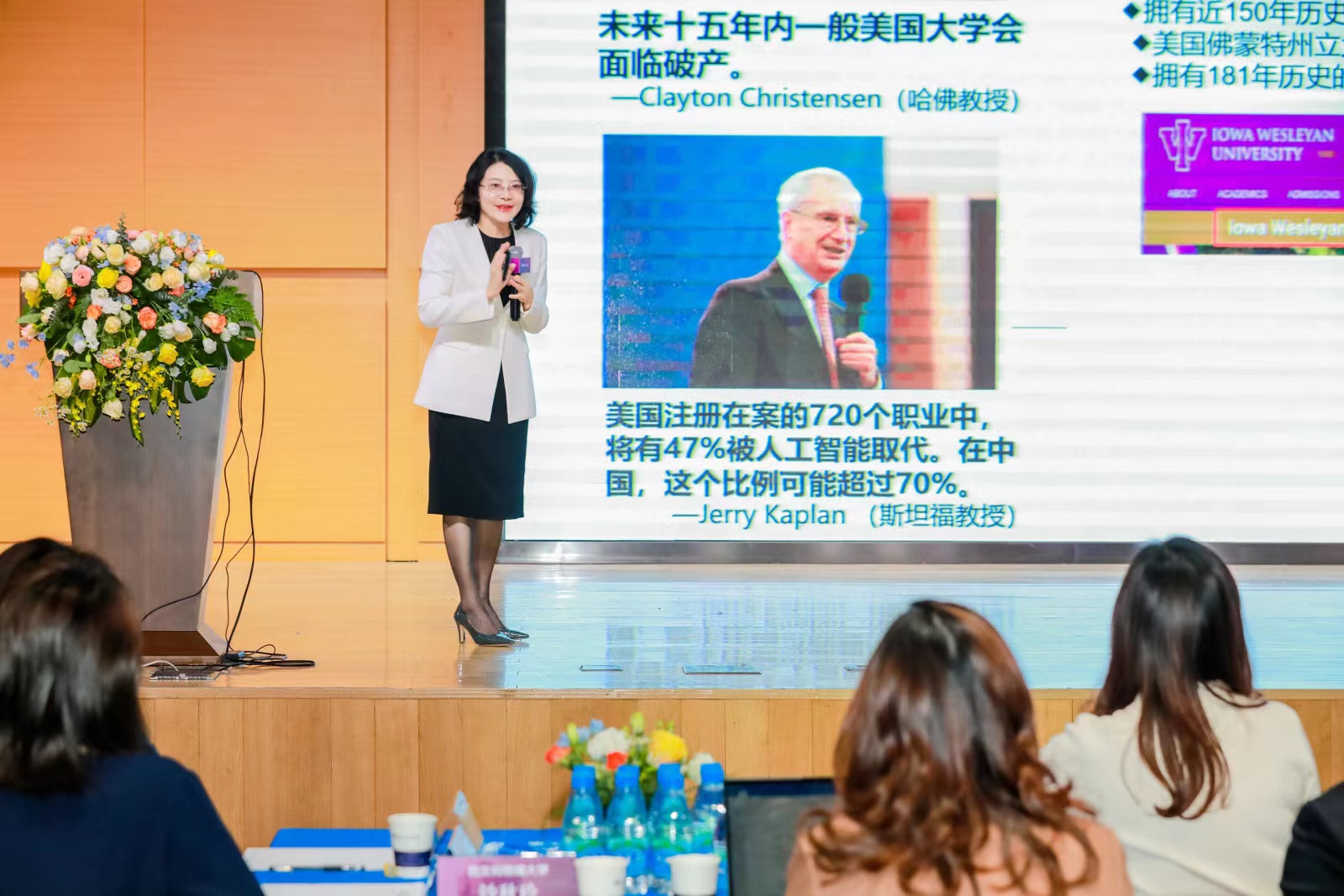
Professor Qiuling Chao, Vice President of XJTLU
Speaking on the current gap between basic education and higher education, Dr Qijian Xie, Director of the XJTLU Centre for Student Affairs, says students often have little room for self-exploration at high school and face a “huge and sudden” transition at university, where there is greater emphasis on personal growth and responsibility.
Participants at the forum roundly agreed that producing quality international talents requires a basic education that promotes lifelong learning and a desire to seek knowledge using a wide variety of resources and learning tools.
It should avoid utilitarianism and pushing students to be excessively competitive; instead, schools should strive to create education that is conducive to students’ personalities, they said.
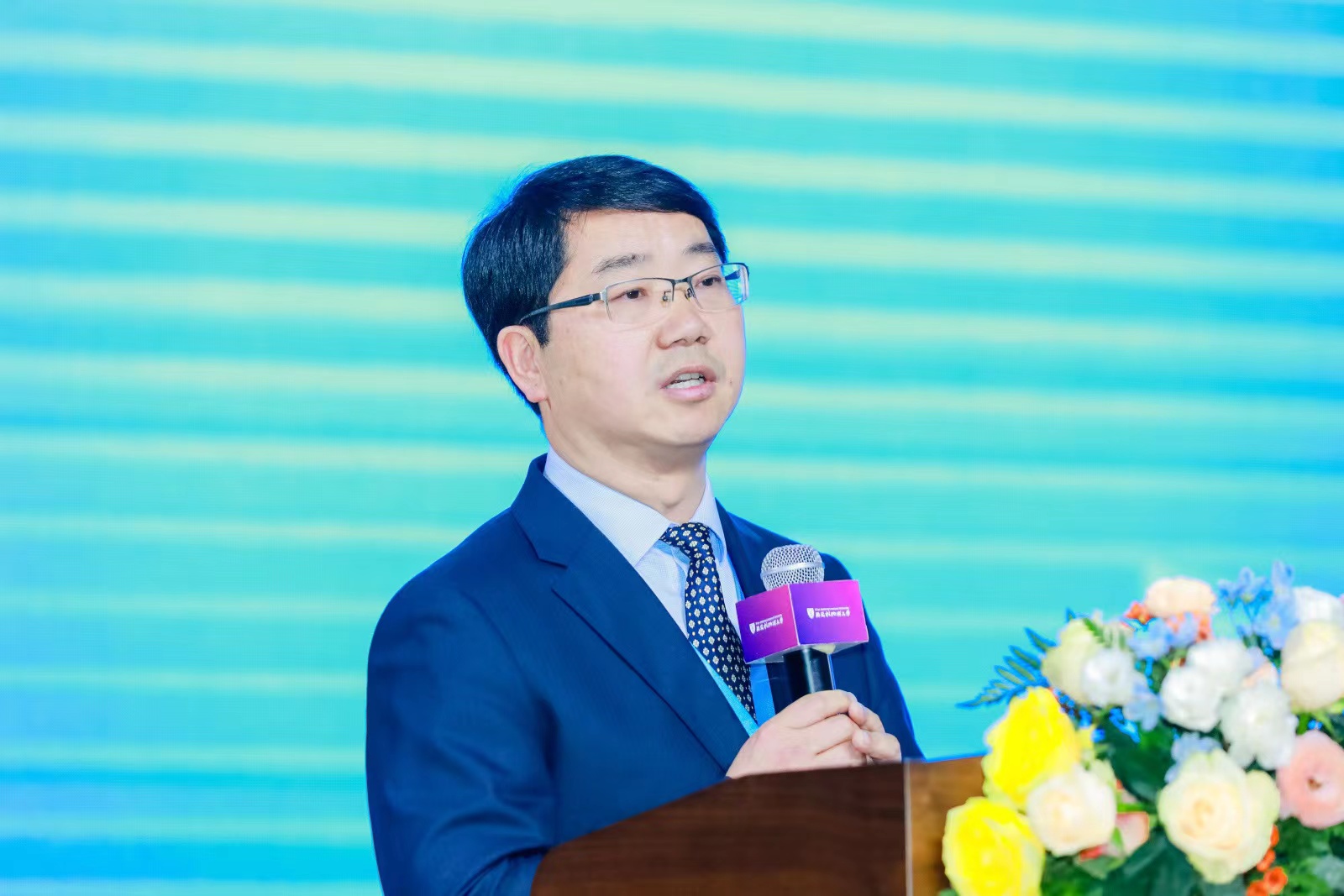
Principal Yirong Xue of Yangzhou Middle School, Jiangsu
“I hope every student walks slowly, but keeps walking,” says Qiang Zeng, Principal of Guiyang No. 1 Middle School in Guizhou. “Only people-oriented education is true education.”
His school is exploring diverse ways to cultivate talents and unleash potential, such as by allowing students with interests in scientific and technological innovation to participate in university research projects, to spark their sense of exploration and creative thinking.
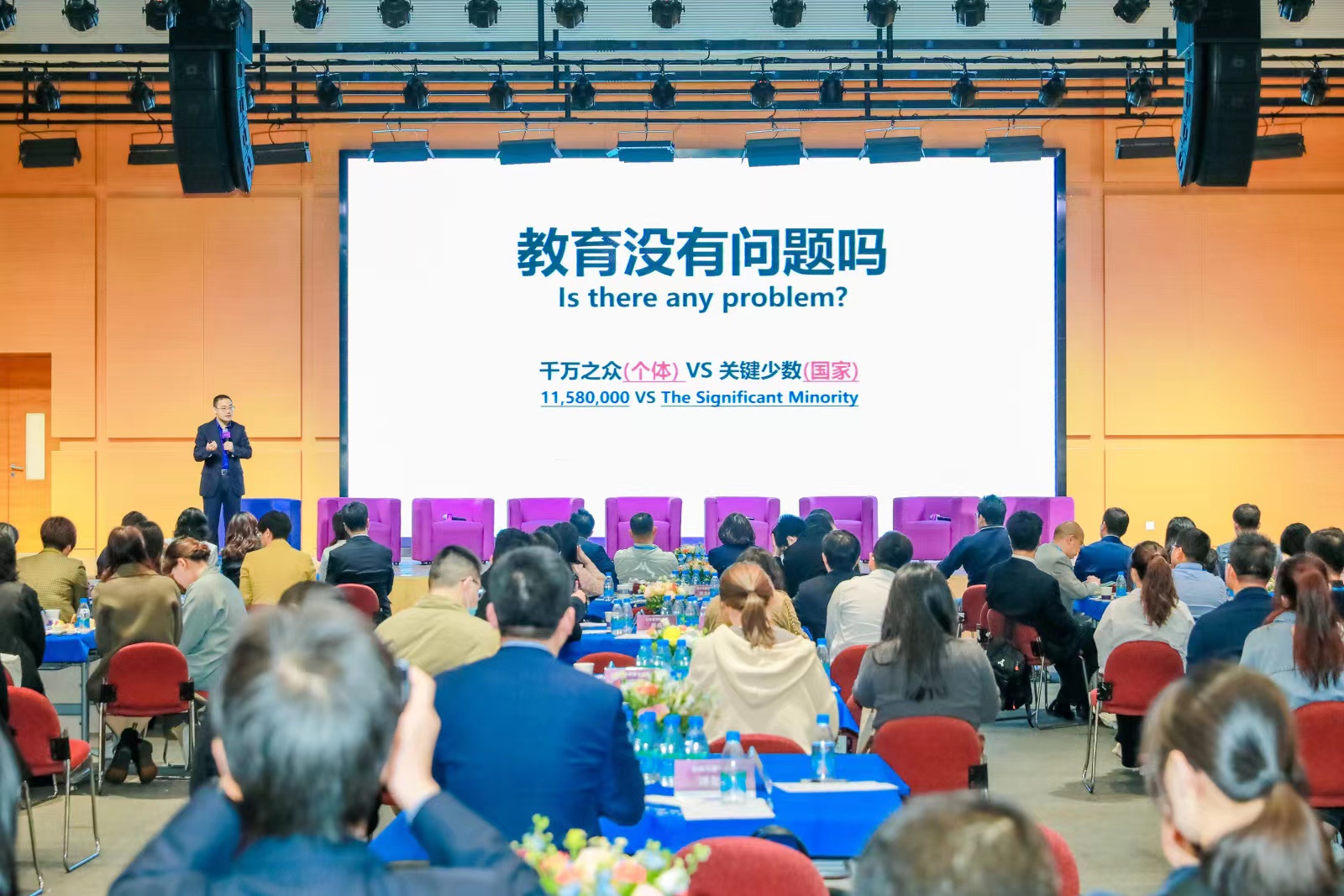
Dr Qijian Xie, Director of XJTLU’s Centre for Student Affairs
Qiuhao Sun, a teaching director at Zhengzhou Foreign Language School in Henan, says that university professors are regularly invited to her campus to give lectures to first- and second-year high school students, providing them with opportunities to discover their interests early.
Integrating industries
Colleges and universities also need to adapt quickly to the changing industrial structure, according to Professor Qiuling Chao, Vice President of XJTLU, who points out that many emerging disciplines in key areas of the Fourth Industrial Revolution have not yet appeared in university programme catalogues.
“The future is about not only the integration of disciplines but also the integration of industries,” she says.
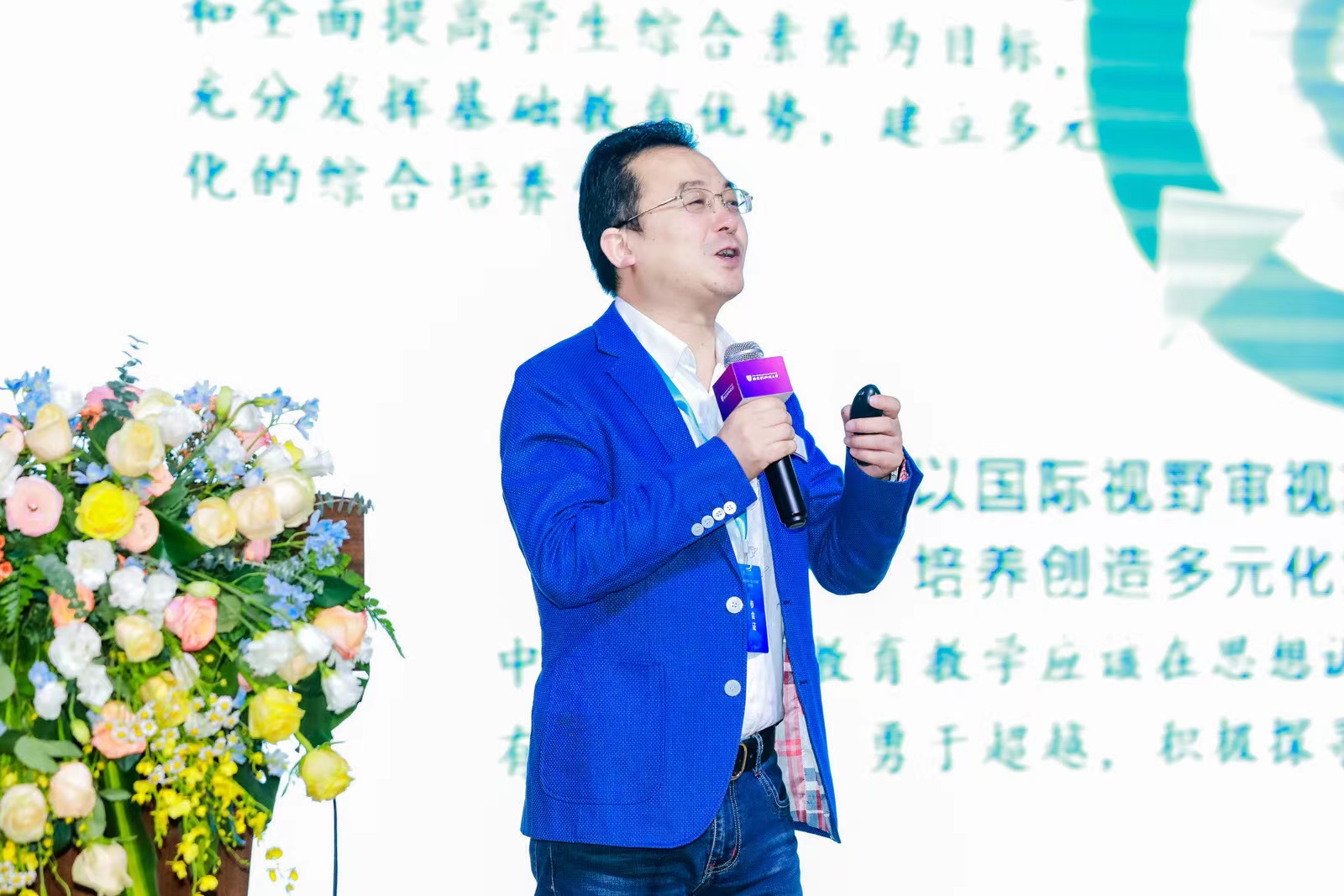
Principal Qiang Zeng of Guiyang No.1 Middle School
With this in mind, in recent years, XJTLU has proposed that universities should actively integrate into society, allowing strategic emerging industries and regional development to benefit from their cross-disciplinary studies and basic research.
In addition to improving the existing educational model to develop high-quality international talents, the University is developing XJTLU 2.0, an integrated educational model that helps students harness the power of AI and robotics and lead development of new industries, and XJTLU 3.0, which focuses on creating an ecosystem of innovation that promotes the further integration of university, industry and society.
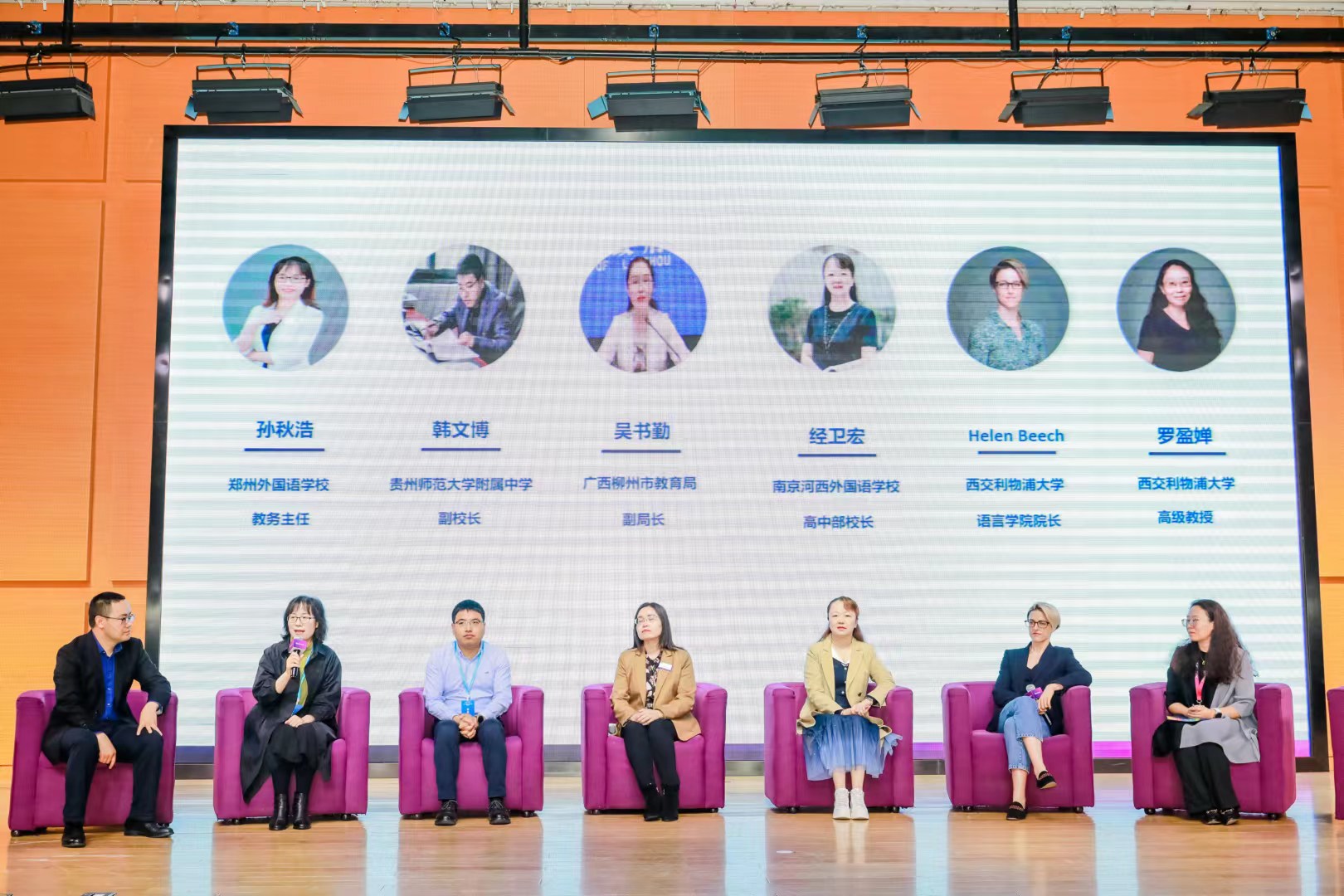
At the forum, XJTLU released its 2022 XJTLU Graduate Employment Report, which shows that 85.56% of Chinese mainland students in the graduating class of 2022 chose to further their education, with 36% entering a world top 10 university and nearly 90% entering a world top 100 university.
“The employment quality of mainland undergraduates at XJTLU is improving every year, which says a lot about the quality of the University’s education,” says Dr Xie. “And as the international education ecosystem continues to recover after Covid-19, XJTLU’s undergraduate education will become even more excellent.”
One important reason for the improvement in XJTLU’s overall enrollment data is the University’s interest-oriented educational philosophy and its support mechanisms.
“Students at XJTLU have a year to explore their interests and choose a major after being enrolled. Our policies, environment and culture are especially helpful for students to unleash their potential,” he explains.
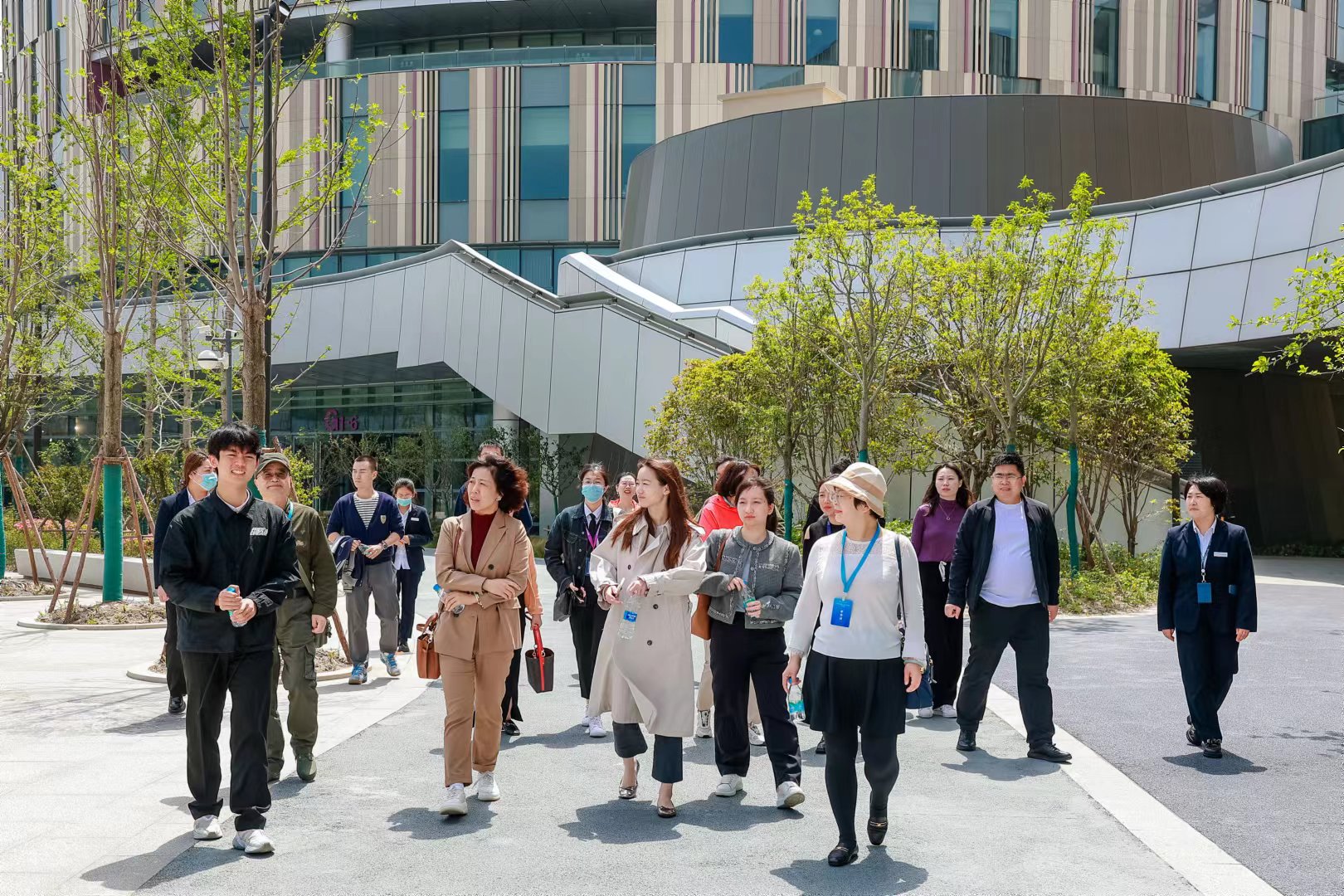
He adds that that many XJTLU graduates who decided to further their studies at top international universities are at the forefront of global scientific and technological development or in strategic areas for China’s future development.
On average, most XJTLU alumni choose to return to China and contribute to their homeland, Dr Xie says. “We hope to cultivate talents who care about both their country and the world, who can cope with complex and ever-changing global conditions and lead development.”
After the forum, attendees visited the Tiancizhuang campus of Soochow University, the Suzhou campus of Nanjing University, and XJTLU Entrepreneurship College (Taicang).
By Bo Kou, Wei Zhang and Mohan Zhang
Edited by Patricia Pieterse
18 May 2023
RELATED NEWS
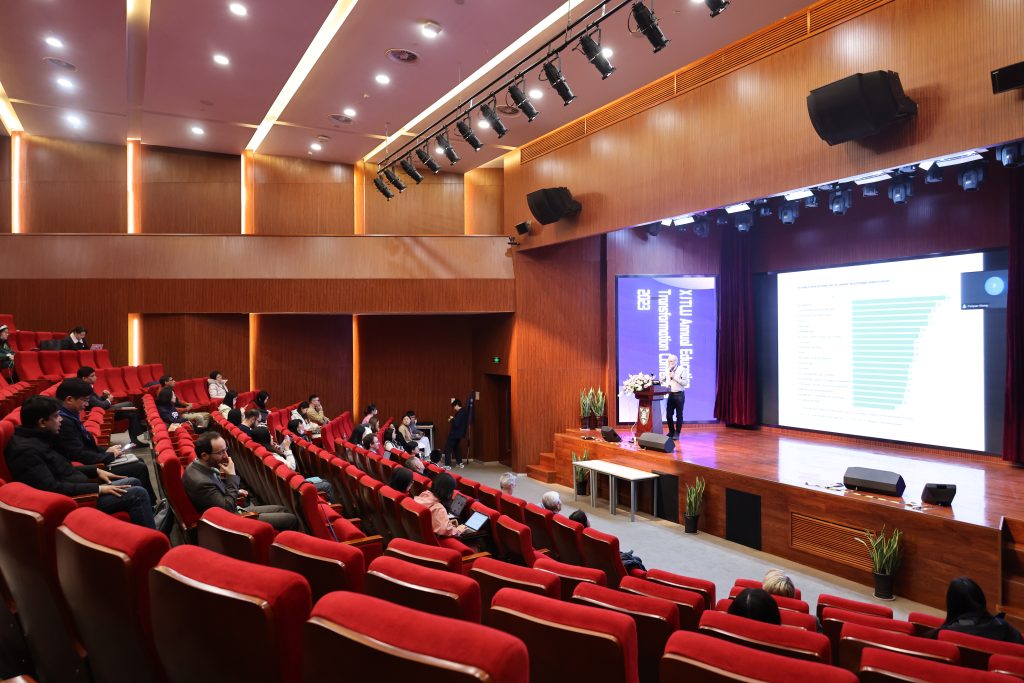
Learning to adapt as AI transforms education
In a world full of ambiguity, uncertainty and changeability multiplied by digital technologies, artificial intelligence and other deep learning tools, what s...
Learn more
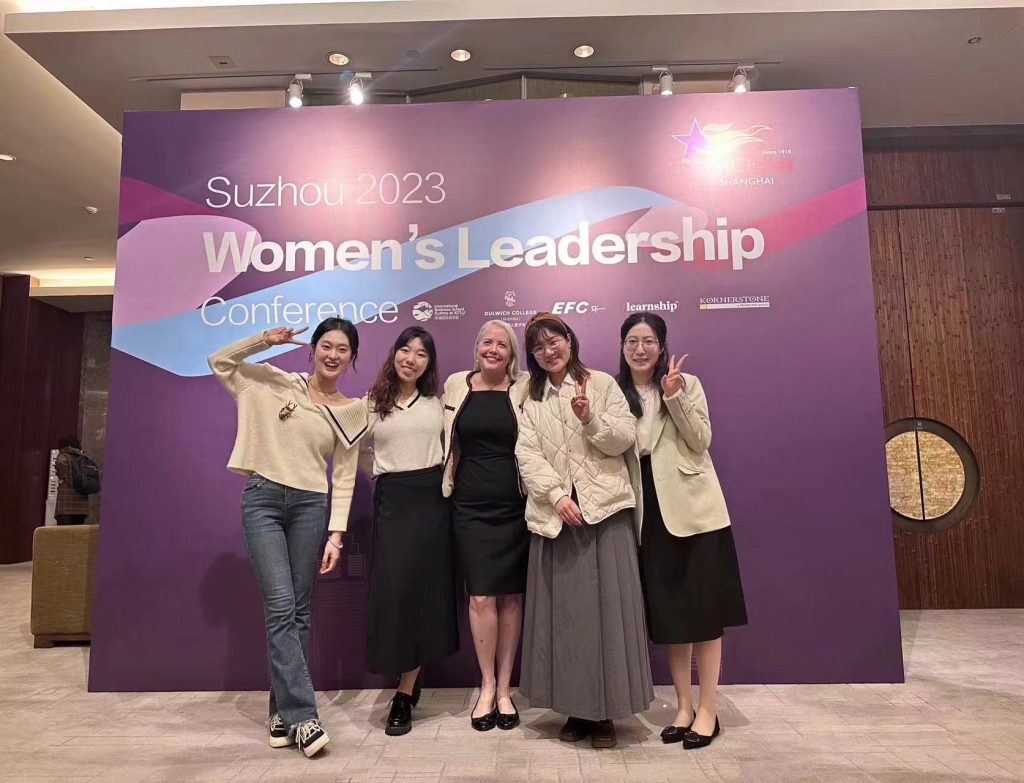
AmCham Shanghai holds IBSS-sponsored Women’s Leadership Conference in Suzhou
The American Chamber of Commerce Shanghai held its first Women’s Leadership Conference in Suzhou on 29 March. The event, sponsored by the International Busin...
Learn more
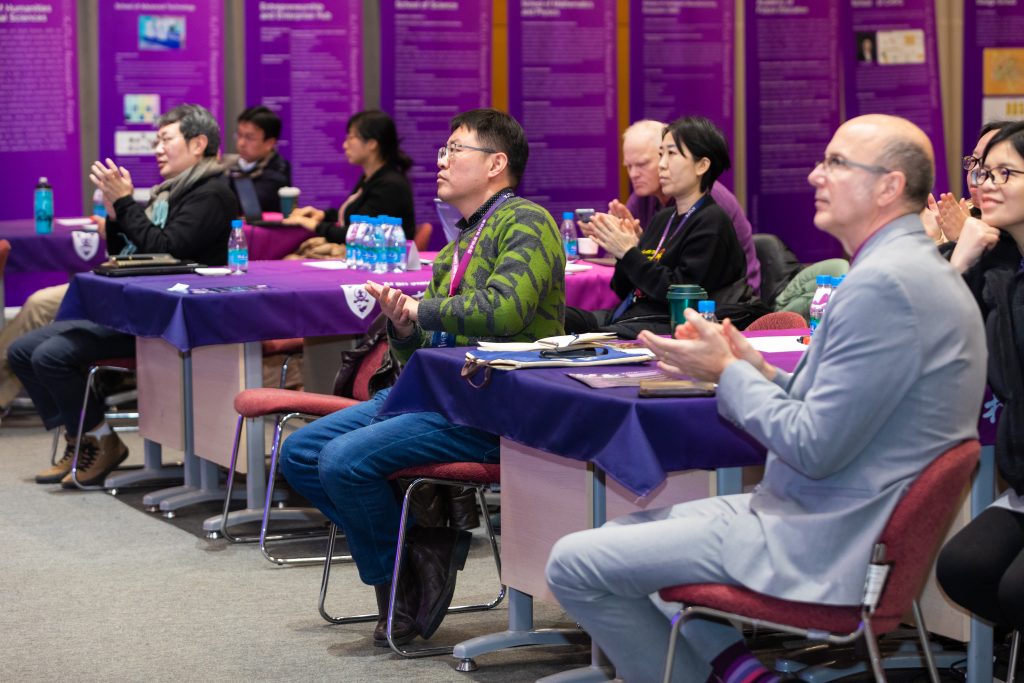
Research Forum 2023: XJTLU is improving in all indicators
Last month, academic staff gathered for the latest edition of the annual Xi’an Jiaotong-Liverpool University Research Forum to discuss the future of research...
Learn more








